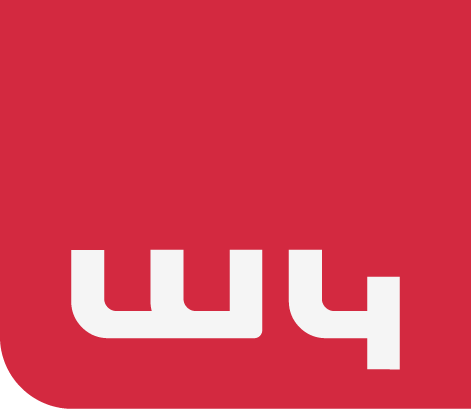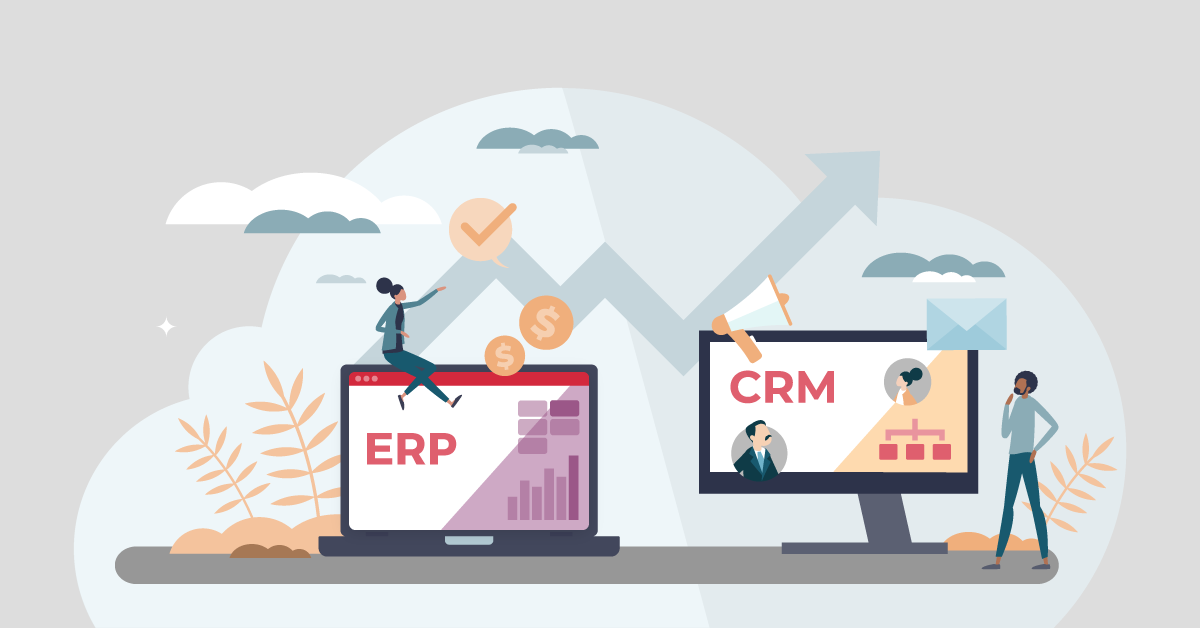What is the difference between an ERP and a CRM? If you are a business owner, or if you are looking to digitalize your business, you have probably asked yourself this question.
In today’s fast changing world, efficiency and speed are key for any successful business. Processes involving marketing, communication and sales have changed over the years. In this context, ERP and CRM systems are essential tools for businesses of all sizes that want to improve their efficiency, decision-making, and collaboration.
By investing in these systems, businesses can gain a competitive edge and achieve their business objectives.
In this article, we will look at the main differences between an ERP system (Enterprise Resource Planing) and a CRM system (Customer Relationship Management). By the end of this guide, you will be able to understand not only the main differentiating factors, but also which system is best for your business.
Why is it important to understand the difference between an ERP and a CRM?
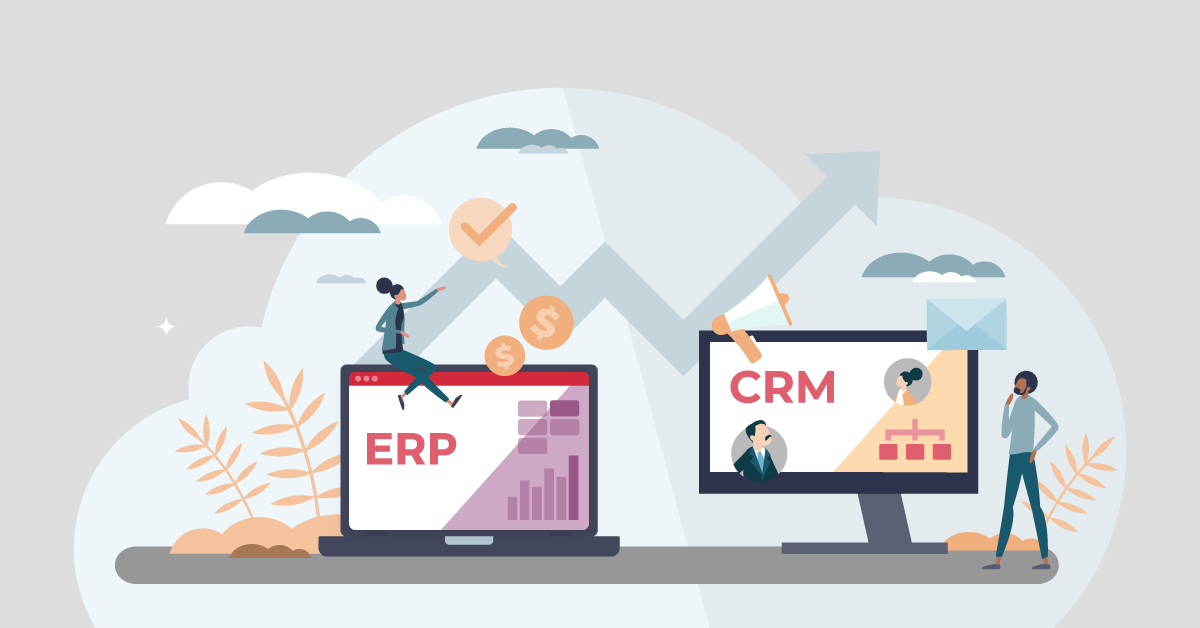
Anyone involved in business operations should know the difference between an ERP system and a CRM system. These two types of software are commonly used in businesses of all sizes to manage their operations and relationships with customers, but they have different focuses and capabilities.
Understanding the distinction between ERP and CRM is essential for businesses to make informed decisions about software implementation, optimize operations and customer relationships, and achieve their business goals. By recognizing the strengths and limitations of each system, you can leverage the power of technology to drive growth and enhance customer satisfaction.
Clarity in Software Needs: Knowing the differences between ERP and CRM helps you identify the specific software solutions that align with your company’s operational and customer relationship management objectives.
Cost-Effective Decision-Making: Understanding the nuances of each system allows you to make informed decisions about which software best suits your needs and budget, avoiding unnecessary expenses.
Effective Implementation and Integration: Properly understanding the roles and capabilities of ERP and CRM systems is crucial for successful implementation and integration within the organization. This ensures seamless data exchange and collaboration between departments.
Optimized Performance and Outcomes: By leveraging the strengths of both ERP and CRM, you can achieve a holistic approach to managing your operations and customer relationships, leading to improved efficiency, customer satisfaction, and business growth.
Employee Awareness and Training: Employees across different departments need to be well-versed in the functionalities and differences between ERP and CRM systems to effectively utilize them and contribute to overall business success.
Understanding ERP systems
ERP systems typically store data in a central database that can be accessed by employees across different departments. This allows for a more holistic view of the business and helps to improve efficiency and decision-making.
Unlike ERPs, CRM systems prioritize customer data and enable companies to create targeted marketing campaigns, improve customer service, and identify sales opportunities.
ERP systems are designed to handle a wide range of business processes, including:
- Financial Management: ERP systems handle financial transactions, accounting, payroll, budgeting, and reporting, providing a centralized platform for managing financial data.
- Supply Chain Management: ERP systems streamline the supply chain by managing inventory, production planning, procurement, and logistics, ensuring efficient material flow from supplier to customer.
- Manufacturing: ERP systems optimize manufacturing processes by tracking production schedules, managing inventory, and controlling quality, enhancing production efficiency and quality control.
- Human Resources: ERP systems manage employee data, including payroll, benefits, recruitment, and training, providing a centralized repository for HR-related information.
At W4, we understand the critical role ERP systems play in enhancing efficiency and decision-making. It should not then come as a surprise that our ERP of choice is Odoo.
Odoo, is a premier ERP solution, ideal for small and medium businesses, that seamlessly centralizes data, providing employees across various departments with a comprehensive view of the organization.
Our Odoo-specialists in Switzerland and Germany are at your disposal, so don’t hesitate to contact us for more information about our services and Odoo ERP.
Understanding CRM systems
While ERP systems focus on centralizing data to enhance overall business efficiency and decision-making across various departments, CRM systems, like HubSpot, play a distinct role in managing customer interactions.
Unlike ERPs, CRM systems prioritize customer data, enabling businesses to create targeted marketing campaigns, improve customer service, and identify sales opportunities.
CRM systems are designed to manage customer interactions, including:
- Sales Management: CRM systems streamline sales processes, including lead management, pipeline tracking, and opportunity forecasting, helping businesses close more deals and increase sales revenue.
- Marketing Automation: CRM systems automate marketing tasks, such as email marketing, social media management, and lead nurturing, enabling businesses to reach a wider audience and nurture leads effectively.
- Customer Service: CRM systems manage customer interactions, including support tickets, knowledge bases, and customer feedback, providing a centralized platform for providing exceptional customer service.
- Customer Analytics: CRM systems analyze customer data to gain insights into customer behavior, preferences, and buying patterns, enabling businesses to personalize marketing efforts, improve customer satisfaction, and identify growth opportunities.

Core Functions and Capabilities: ERP vs. CRM
ERP and CRM systems differ in their core functionality and capabilities. Nevertheless, these systems can play complementary roles in managing operations. Therefore, by implementing both systems, businesses can achieve a holistic approach to managing their operations and relationships, leading to improved efficiency, customer satisfaction, and business growth.
While the core functions of an ERP focus on optimizing core business processes, CRM systems focus on building and managing relationships with customers.
Addressing Business Operations: ERP vs. CRM
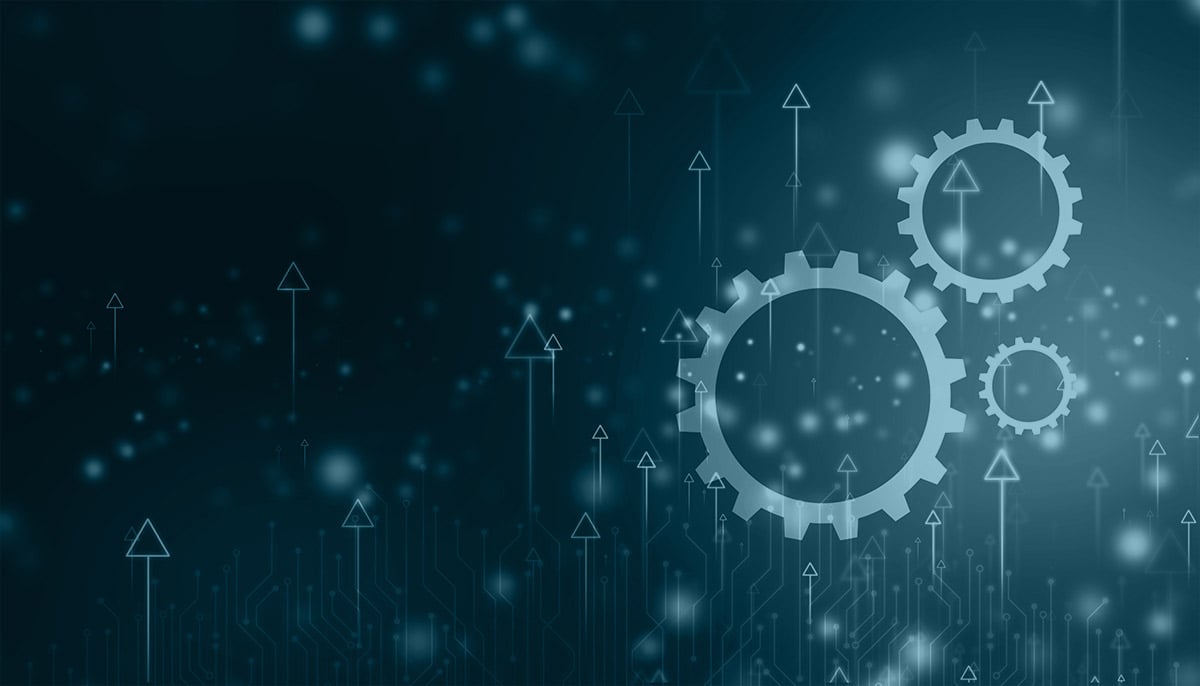
When it comes to optimizing resource allocation, both ERP and CRM systems come in handy by streamlining processes and automating task. This, in turn, translates into cost savings and improved productivity. The main difference here lies in the type of processes being optimized: business processes for ERP, people processes for a CRM.
Other key insights provided by ERPs and CRMs help businesses:
- Gain real-time insights: ERP systems provide real-time access to key business and data, enabling informed decision-making and proactive problem-solving.
- Enhance collaboration: ERP systems facilitate collaboration between different departments, breaking down silos and promoting a unified approach to business operations.
- Personalize customer experiences: CRM data allows businesses to personalize marketing messages, product recommendations, and customer support interactions, enhancing customer satisfaction.
- Identify and nurture leads: CRM systems help businesses identify potential customers, track lead progress, and prioritize marketing efforts to convert leads into paying customers.
- Resolve customer issues efficiently: CRM systems provide a centralized platform for managing customer support interactions, enabling businesses to resolve issues quickly and efficiently, improving customer satisfaction and loyalty.
- Gain actionable insights: CRM analytics provide valuable insights into customer behavior, preferences, and buying patterns, enabling businesses to make data-driven decisions to improve marketing strategies, products, and customer service.
Data Management: ERP vs. CRM
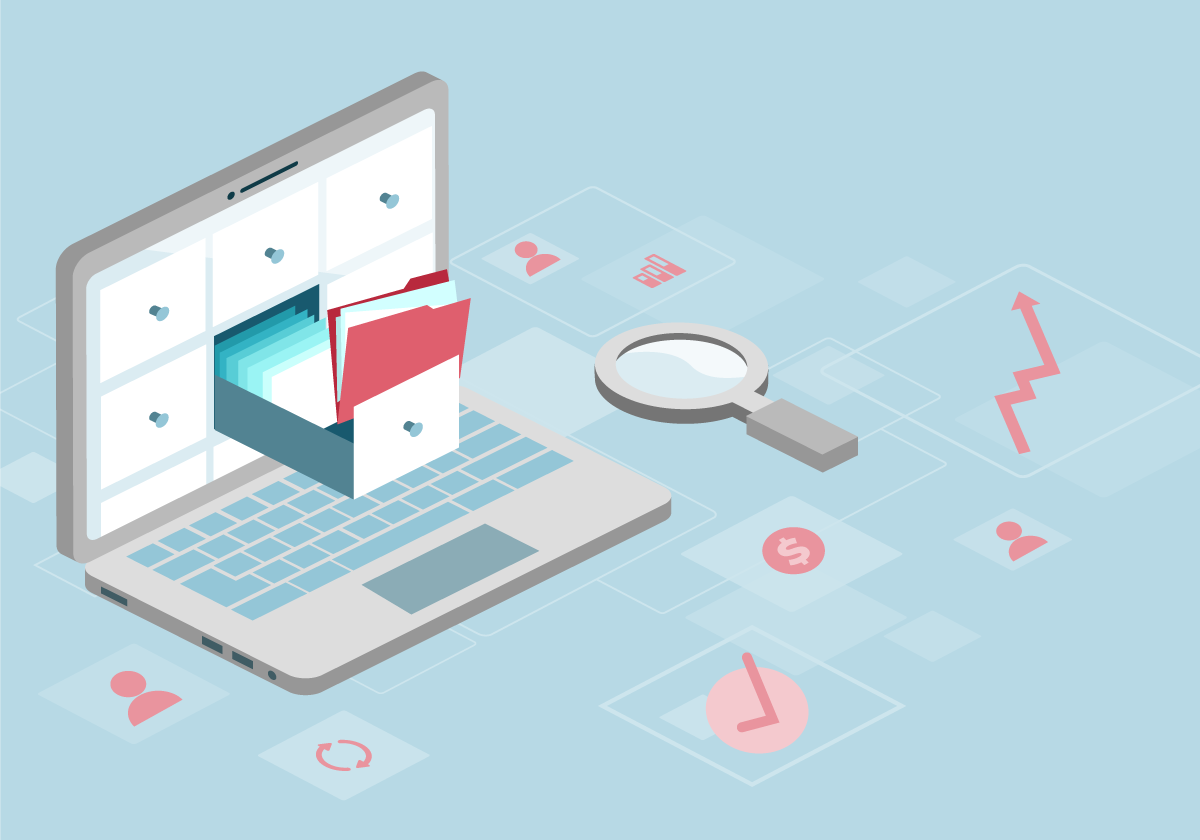
Another important difference between an ERP and a CRM system lies in the different ways they manage data.
ERP systems manage a wide range of structured data, including financial transactions, inventory levels, production schedules, and employee records. This data is typically organized in a relational database structure, allowing for efficient data retrieval and analysis. ERP systems typically integrate data from multiple departments, such as finance, operations, procurement, and human resources. This integration provides a holistic view of the business, enabling informed decision-making across these different areas.
On the other hand, CRM systems focus on managing customer-centric data, including customer profiles, contact information, purchase history, and interactions with the business. Because it involves people, data handled by CRMs is not as structured in nature as data from ERPs. However, CRM systems have developed sophisticated data modeling techniques to handle the complexity of this data. CRM systems primarily serve sales, marketing, and customer service teams, providing them with the information they need to personalize interactions, identify potential leads, and resolve customer issues.
Is an ERP or CRM system the right tool for your business?
The answer to this question is not a black and white type of answer. Whether you would gain more benefits from using either system, or both, greatly depends on your business needs, and the size of your business.
When it comes to small and medium-sized businesses, the questions always arising are: “are we too small for an ERP?”, “is it worth investing in a CRM”?
Organizations, like Starbucks, are known to be successfully using large-scale ERPs like Microsoft Dynamics, SAP, or Oracle. However, these systems might be overly complex and expensive for smaller businesses, but this does not mean that a small to medium size business can not benefit from implementing an ERP.
There is a wide array of options available when it comes to choosing the right ERP for your business. The before mentioned system, Odoo, is an ERP suitable for businesses seeking cost-appropriate, efficient solutions catered to their specific needs.
At W4, our team boasts a wealth of cumulative experience in Odoo implementation and integration services. We support companies in introducing Odoo as an ERP solution. We attach great importance to seamless integration of Odoo into existing processes to ensure a smooth transition to the new system. Furthermore, we customized Odoo development services for your business needs.
Contact us today to learn more about Odoo as the ERP solution of choice, or register for a free HubSpot demonstration and find out how the CRM system can work for you.
How ERP and CRM Serve Varied Departments
The dichotomy between ERP and CRM systems is evident in their distinct applications and impacts across diverse organizational departments and functions.
Targeting various user groups, Enterprise Resource Planning (ERP) systems play a pivotal role across different department. Finance and accounting professionals heavily rely on ERP systems for managing financial transactions, budgeting, payroll, and reporting. Operational managers utilize these systems to oversee production planning, inventory management, logistics, and supply chain operations. Procurement specialists employ ERP systems to handle purchasing, supplier relationships, and vendor payments. Human resources professionals use ERP systems for employee record management, payroll processing, benefits administration, and talent management.
On the other hand, Customer Relationship Management (CRM) systems cater to a different set of users and departments. Sales representatives employ CRM systems to track leads, manage pipeline opportunities, and close deals. Marketing professionals use CRM systems to manage campaigns, track customer interactions, and identify potential leads. Customer service representatives leverage CRM systems to handle support tickets, resolve issues, and provide personalized service.
Integration and Scalability: ERP vs. CRM
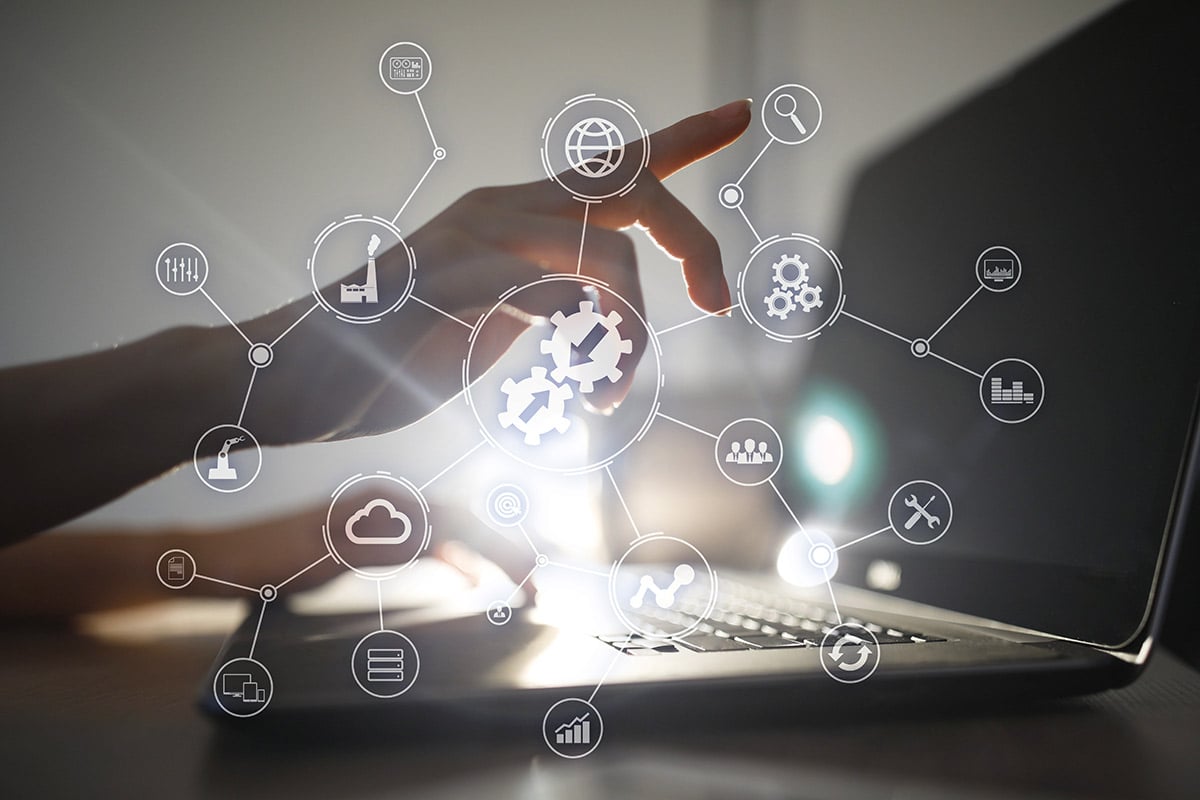
There are key differences when it comes to the integration capabilities and scalability of each system, considering how they can integrate with existing systems and adapt to business growth.
ERP systems are typically complex and highly integrated, often involving multiple modules and integration points with other systems and applications. This integration is crucial for providing a holistic view of the business and enabling seamless data exchange across different departments. However, the complexity of ERP integration can make it challenging and time-consuming, often requiring specialized expertise and significant investment.
On the other hand CRM systems typically have a more straightforward integration approach compared to ERP systems. They frequently utilize APIs (Application Programming Interfaces) to connect with existing systems, such as marketing automation platforms, customer service software, and e-commerce platforms. This integration allows CRM data to be shared with other applications, facilitating a more unified customer experience.
Scalability
ERP systems are designed to scale with the growing needs of businesses. This scalability is achieved through various mechanisms, such as adding additional servers, distributing workloads across multiple sites, and leveraging cloud-based infrastructure. However, scaling ERP systems can be a complex process, requiring careful planning, resource allocation, and ongoing maintenance.
CRM systems are also designed for scalability, allowing businesses to adapt to growth and changing customer needs. They can scale horizontally by adding more servers or vertically by upgrading hardware resources. Cloud-based CRM solutions offer particularly flexible scalability options, as businesses can easily adjust their resource allocation based on demand.
Comparison of Integration and Scalability ERP vs CRM
|
Feature |
ERP |
CRM |
|
Integration Complexity |
High |
Lower |
|
Integration Approach |
Direct connection, data synchronization, APIs, third-party tools |
APIs, cloud-based integration |
|
Integration Challenges |
Data formats, data quality, security, complexity |
Data formats, security |
|
Scalability |
Horizontal and vertical scaling |
Horizontal and vertical scaling |
|
Scalability Mechanism |
Adding servers, distributing workloads, cloud-based infrastructure |
Adding servers, distributing workloads, cloud-based infrastructure |
W4 Recommendation to Businesses Deciding between an ERP or CRM
We believe that deciding between an ERP or a CRM, or both is a unique choice for each business, and there are many factors that should be considered depending on your specific company profile. There are, however, a few guidelines we want to share with you if you are considering implementing an ERP, a CRM, or both.
When deciding on the right solution for your business needs, consider ERP if you aim to streamline and integrate core processes like finance, supply chain, and manufacturing. This choice is particularly beneficial for organizations with multiple departments, seeking real-time visibility into financial performance and operational efficiency.
On the other hand, if your focus is on improving customer relationships, increasing sales, and enhancing customer satisfaction, CRM is the key. This option suits businesses concentrating on sales, marketing, and customer service, aspiring to personalize marketing campaigns, target customer segments, and effectively resolve issues.
For a comprehensive approach, a combination of ERP and CRM is worth considering if you seek a holistic view of your business, managing both core operations and customer relationships. This is especially fitting for those with a mature IT infrastructure capable of handling system integration complexity, and for businesses with significant customer interactions.
Our experts are here for you, ready to assist, regardless of the path you choose for your business.

